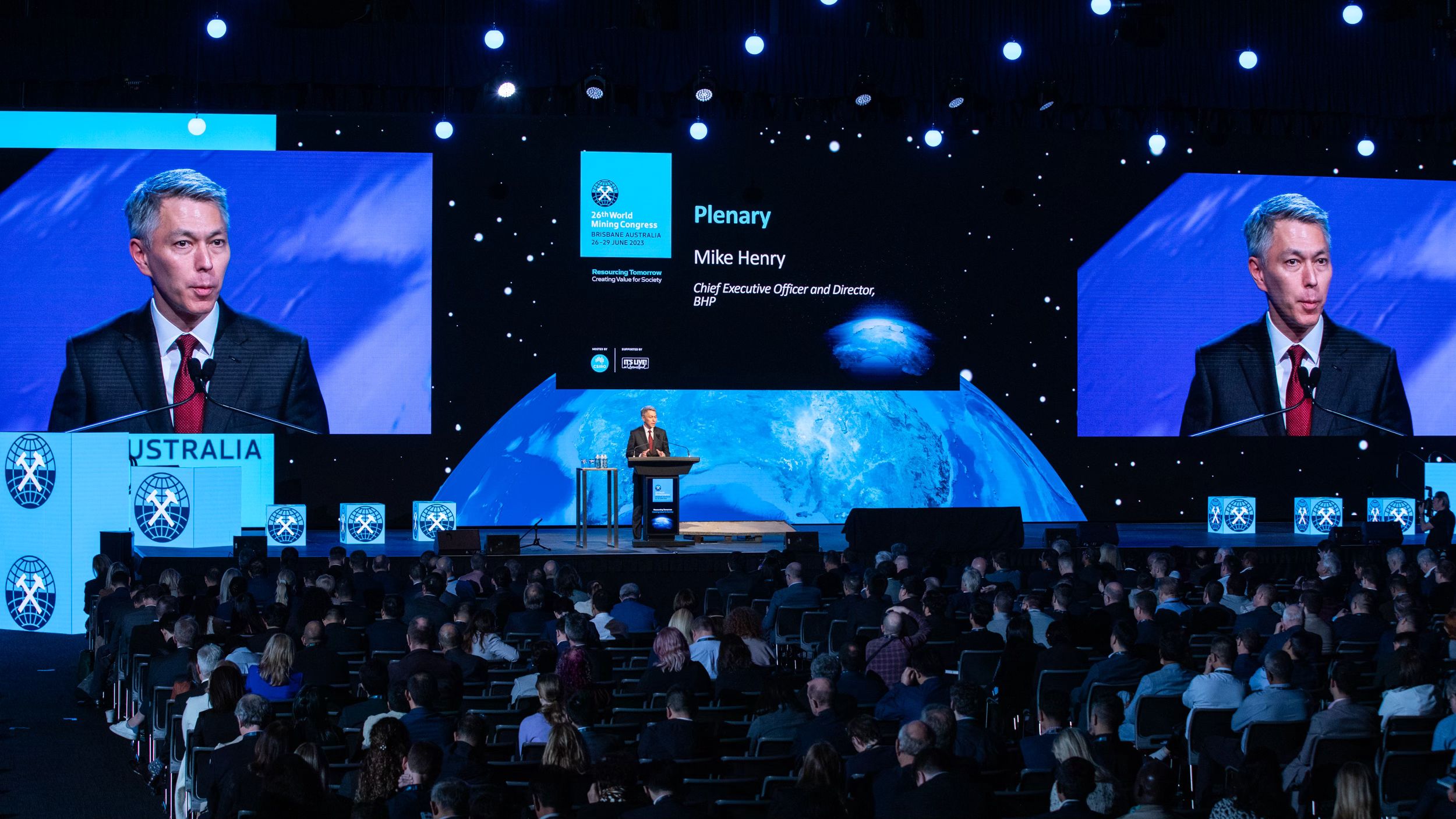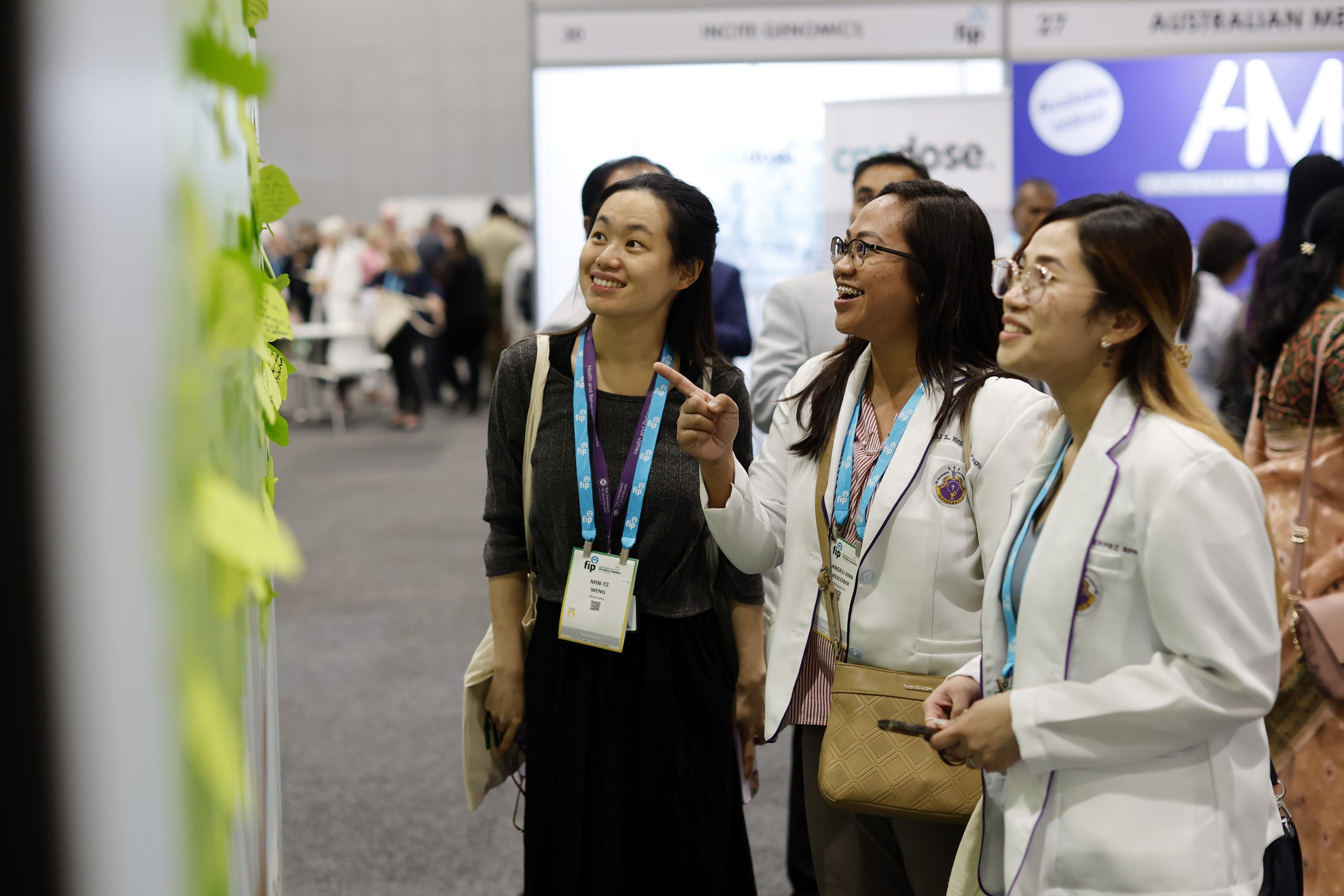Some people who attend conferences or business events on a regular basis have wised up to the collection of gifts they receive when being hosted. Usually, they end up in the hotel’s
rubbish bin.
Other people (the thrifty ones) stuff them in the bottom of their suitcase along with the little bottles of shampoo and cakes of hotel soap, then lump them through airports and take them home to be sold in garage sales or use them as Christmas-stocking fillers.
Look deep behind the clothes in the wardrobe of a seasoned conference delegate or corporate buyer who has had too many familiarisation trips and discover a menagerie of stuffed animals, more caps than the Mad Hatter and a neat row of conference satchels housing the last five year’s income-tax returns. The satchels have a second life but the rest is just waiting in cages to be released into the wild.
Companies and organisations provide gifts for several reasons – to thank you, to woo you or to reinforce their brand to you. Some simply want to augment the experience with a lasting memento. Either way, the gift is usually given in good faith and received with a variety of responses.

Gifts that truly reflect the spirit of the event or express the absolute essence of the brand are the most appropriate and powerful. Those that have a practical application are probably going to have more lasting impact, but those gifts that have had considerable thought put behind them will be the most gratefully received.
In considering the perfect gift for a conference delegate, the organiser must take many considerations into account. What will be appropriate for everyone and have universal appeal? What will reflect the theme of the conference? What will convey the essence of my brand? What will fit within my budget?
Once answered, a second set of questions requires clarification. What did we give them last year? What’s hot at the moment? What can we give them that won’t be thrown away? What can I give that won’t offend? Will the receiver think I’m being too extravagant or, even worse, too cheap? Will I invoke criticism from shareholders or the general public given the economic climate?
Allan Dawson, director of Execugifts, says: “We are very conscious of the pressures and demands being placed upon planners nowadays to deliver even more efficient and cost-effective event and product solutions for their clients. Recently, Execugifts has identified a shift in marketplace attitude towards a more European approach, which believes that better quality products ultimately mean better value for money.”
In conference situations the client usually knows or thinks he knows best, however, the experience and professional knowledge of a professional conference organiser (PCO) should be called on for expert advice.
The financial viability of many conferences often depends on the revenue generated by sponsors. Depending on the delegate profile, sponsors invest heavily in the hope of gaining direct access to their target market and demonstrating their product or services. To get the message across effectively, they will provide a combination of collateral with a sweetener – a gift.
But the PCO, client and sponsor must be aware of overload. Often there are multiple sponsors, all vying for the same recognition and penetration.
Dawson says there is also a trend toward more sophisticated use of branded items. “Excellent quality, stylishly designed conference merchandise products which are enhanced by more discreet branding ensure a higher retention rate by recipients. “Branding is frequently integrated into product inner linings or blended into the actual product design rather than plastered all over the item in large letters. This generally results in a higher degree of delegate satisfaction with the increased usage over a longer period providing greater exposure and recognition for sponsors’ brands, long after the actual event has concluded.”
A conference delegate travelling from Taiwan to Tokyo may well receive three or four gifts from various conference sponsors, all accompanied by explanatory sales collateral material. While the gifts are usually gratefully received, the accompanying collateral material can be burdensome, particularly for a light traveller.
Heavy publications, glossy folders and compendiums should be considered unnecessary and will often be tossed away before the delegate even leaves his hotel room. The production of packaging is expensive and environmentally irresponsible by its ephemeral and disposable nature.
The amount of information able to be stored on an inexpensive 1GB USB flash drive is the equivalent of tomes of glossy paperwork yet causes much less harmful impact on the environment and in suitcases. Access to the company’s information on the internet is an even more environmentally sound alternative.
Conferences that had a trade show attached to them were a boon for paper suppliers and printers in the past.
To avoid sending home delegates with 20 or 30 USB sticks, each one can be issued with a flash drive of reasonable capacity by the organiser and then download information from each supplier’s stand, thus further reducing the need to manufacture millions of storage devices.
Many companies have swung to placing their sales information on USB sticks. There is still a strange novelty attached to the device.
However, the emerging trend of sponsors and suppliers to dress them up in expensive packaging, tying brightly coloured bows around the box and making it look like a present is worrying. In disguising the device as a gift, several cardinal sins have been committed.
The box is a waste of resources, the packaging will either weigh down the traveller or be tossed away immediately, and worst of all, organisers have fooled themselves into thinking that it will be perceived by the receiver as a gift. It’s not.
It’s nothing more than a contemporary method of storing data, which in its unadulterated and undecorated form is admirable but, as a gift, it’s cheap.
Many people believe that the more expensive the gift, the more it will be remembered and cherished. Rarely are corporate gifts cherished.
I recall a conference in Vienna in which all delegates were wined, dined and feted over the course of four days. Wine flowed at spectacular conference events and the entertainment rivalled the essential magic of the city. Each night a substantial pillow gift was left for the delegates. While the Viennese delicacies – cognacs, cheeses, ports and tortes – were all appreciated and devoured as midnight snacks, despite the over-imbibing at the day’s events, the most appropriate pillow gift was the simplest: a small bottle of pure mineral water.
Unimpressive as a humble bottle of water can be, its appropriateness made it a spectacular hit.
Marketers love to tease and are in their element when the creative juices can flow freely. Incentive marketers are no different. Great thought is usually put into the collateral material used to generate excitement in an upcoming incentive programme. During the lead up to an incentive programme, teasers are periodically sent to potential delegates, whetting their appetite and conjuring up visions of a much coveted reward on offer.
To work effectively, the teaser has to express the nature of the reward and demonstrate its desirability. Usually, the teaser is inexpensive and can be as simple as a postcard from the destination the delegates are trying desperately to reach. In other cases, a teaser may be an essential piece of equipment required on the trip – a pair of quality sunglasses for a trip to Hawaii or the quintessential Hawaiian shirt would be totally appropriate. If budget limits the spend on teasers, a simple bottle of sunscreen would do the job just as effectively.
Whatever the chosen mechanism, it must in some way relate to the experience on offer and not be too cryptic.
The selection of appropriate speaker gifts can be a minefield. Saying “thank you” to someone for giving up their time to address a conference and publicly recognising their contribution is the norm. Professional speakers usually command a large fee for their presentation but honorary speakers rightfully expect a token of appreciation to accompany the verbal thanks.
A little research on the part of the conference organiser will greatly enhance the perceived value of the gift. What does the speaker like – wine, whiskey, chocolates?
Selecting an appropriate gift for a variety of clients can be difficult, particularly in an increasingly multicultural business environment. Whether the gift is for Christmas, to recognise the end of a hard year, keeping the client at top of mind, showing your wares or just to say thanks, the practice of gift giving will continue in any commercial world. Eventually, we will get to a stage where enough is enough and a new form of recognition will replace the traditional.
GREEN GIFTS
Crystal James is an Australian-based journalist who was quick to realise a gap in the market. Her company, Sustainable Gifts specialises in the sourcing and supply of sustainable, environmentally friendly gifts geared to the business events industry.
Rather than her clients giving token jute conference bags or cheap plastic pens, Sustainable Gifts has created a range of over 100 luxury environmental products suitable for speakers and corporate gifts, as well as conference essentials such as bags, notebooks and pens.
Goods sourced by Sustainable Gifts must satisfy certain criteria. They must be made using sustainable manufacturing processes and materials. Homeware and clothing must be made from bamboo or a similarly sustainable plant and require minimal water usage in their manufacture.
Manufacturers must also employ contemporary and conservative manufacturing methods such as solar energy, electricity efficient equipment, recycling, etc. Products must be recyclable or biodegradable and cannot harm the environment either during production or after sale.
Food products, including wine, drinks and beauty products must not contain herbicides or pesticides and are either accredited organic and biodynamic in their manufacture. Where possible, products must be made from recycled materials – ie, recycled paper notebooks, recycled newspaper pencils, recycled magazine homeware or recycled cork coasters. Suppliers must also abide by the recognised principals of Fair Trade.
Over the past year, James has sourced environmentally friendly gifts providing companies with an alternative to the mass-produced products made in China. The Sustainable Gifts range also aims to create a cultural link with Australia by giving more memorable gifts such as Aboriginal canvas prints from artists in the Northern Territory, aromatherapy eye pillows from Western Australia or biodynamic wine and produce from Victoria, thus enhancing the visitor experience.
Sustainable Gifts goes one step further in branding, allowing their clients to choose from a range of gifts which can be branded for specific events. Their clients have their own recycled paper diaries produced as well as pens and notebooks branded for conferences or their own recycled cork coasters produced for meetings etc.
To reflect the geographical character of an event, clients can select products made close to home. While James endeavours to support local manufacturers, economic rationalism comes into play.
“If I find something inspirational overseas and it is not being made here, I’ll support it. For instance, our jute bags are made in Bangladesh and that presents an affordable solution for our clients,” she says from her Melbourne office.
Execugifts director Teresa Dawson says: “In February 2008, we launched a brand new division called Envirogifts – established to source and supply the most effective, environmentally responsible and sustainable conference merchandise currently available.
“The Envirogifts slogan ‘Environmentally Responsible’ refers to products that provide reduced waste, are reusable and durable, energy efficient, free from hazardous ingredients and not resourced from environmentally sensitive regions. All products in the Envirogifts range are required to feature one or more of these characteristics.”
She says that green products should also be seen as stylish alternatives.
“New bags made from PET fabric, which is manufactured from post-consumer recycled plastic bottles, are the newest, hippest and coolest products on the market.
“Use of PET materials reduces landfill waste and energy consumption and cuts down on pollutants such as greenhouse gas emissions. The range features many stylish designs and products are made to the very highest quality manufacturing standards. The range includes tote bags, satchels and conference bags.”
In 2008, Execugifts forged a joint venture with well-known UK-based conference merchandise company, Nexus Collections, which is a specialist in sourcing the world’s greenest range of conference bags.
Execugifts has the sole rights for distribution of these products in the Australasia region.
With a strong worldwide trend for companies to clearly demonstrate their Corporate Social Responsibility (CSR), Execugifts and Nexus are now involved in a joint-venture factory in China and are committed to producing conference merchandise under Fair Trade conditions.
Fair Trade not only ensures workers rights, but also gives consumers a better idea of where their products are coming from and an assurance that they have been produced in a sustainable manner. The factory also enables both companies to have access to a more extensive range of products with design tailor-made to each client’s individual needs.
DOS
l Select a gift that reflects your brand. If your product is the Singapore Zoo, it’s probably appropriate to give a stuffed animal. But only if you have a zoo.
l Dare to be different. Realise that many people have a collection of gifts from other suppliers. The most common gifts are business card holders, compendiums, caps and pens. Try and source something unusual.
l Be aware of cultural or religious sensitivities. Not everyone drinks, so a bottle of whisky for a Muslim or Baptist delegate probably won’t go down too well.
l Pick quality over quantity. It’s often better to give one gift than a showbag full of cheap junk. Remember, giveaways are often throwaways.
l Check with your sponsors. Make sure your conference sponsors have supply products that are relevant to your event. If they wish to provide a gift, ensure it doesn’t double up or clash with another sponsor’s selection.
l Stick it. Please, we know you want people to know about your product but no printed material. USB sticks are now affordable and hold tomes of information in a light, easily transportable and reusable medium.


